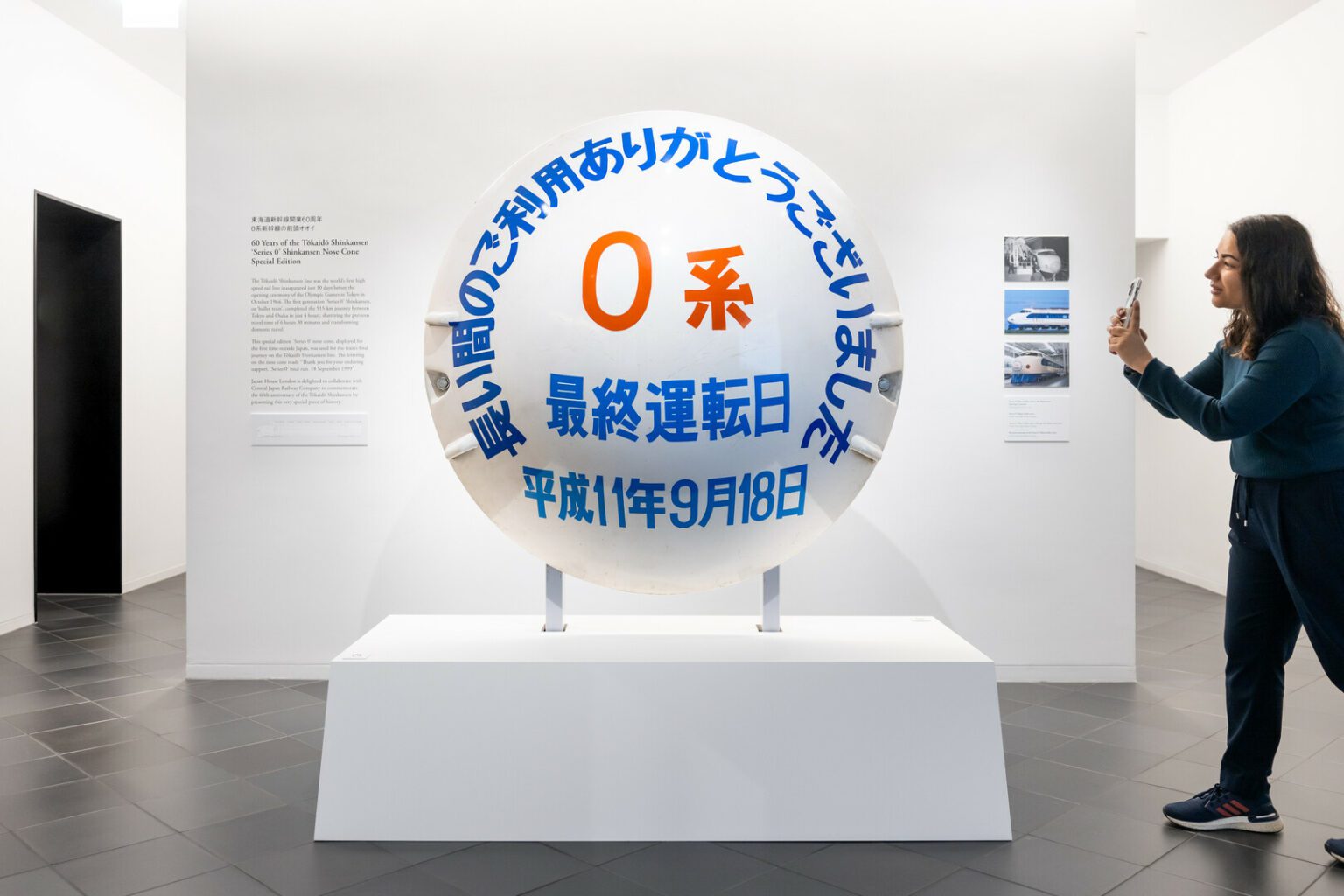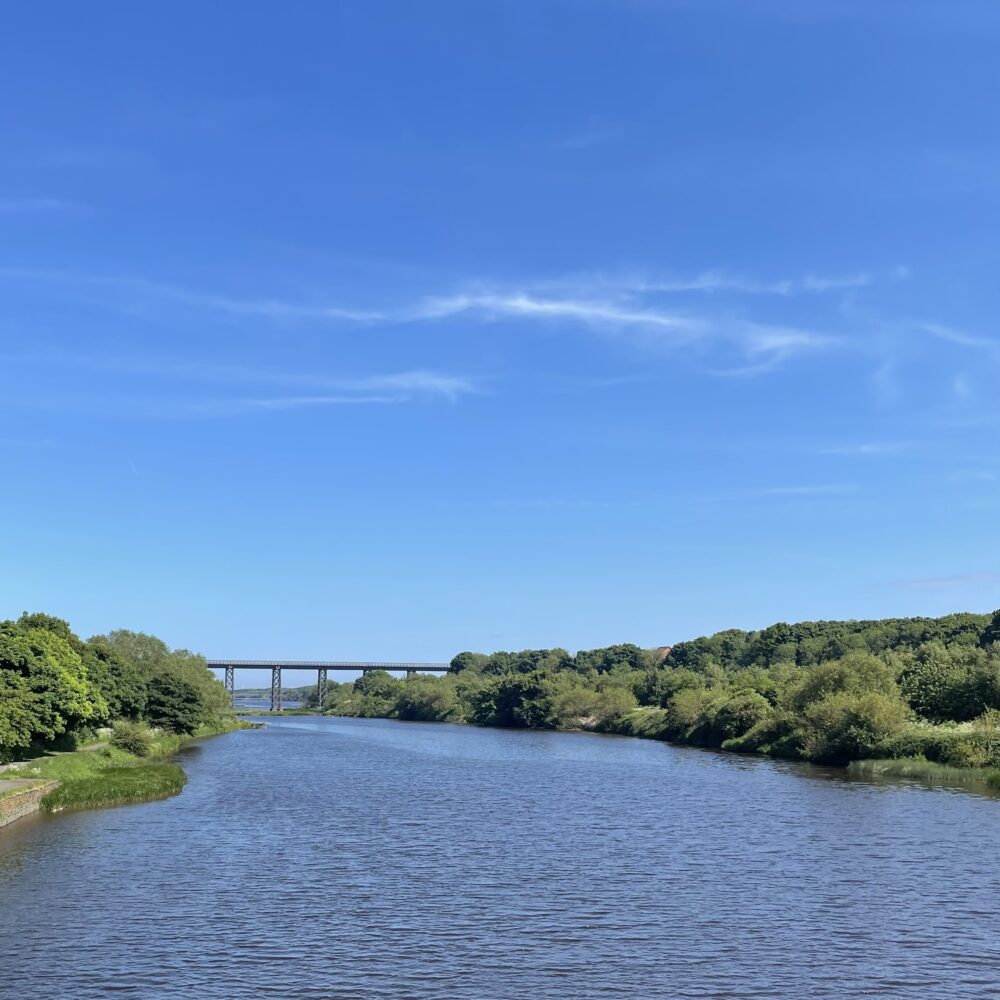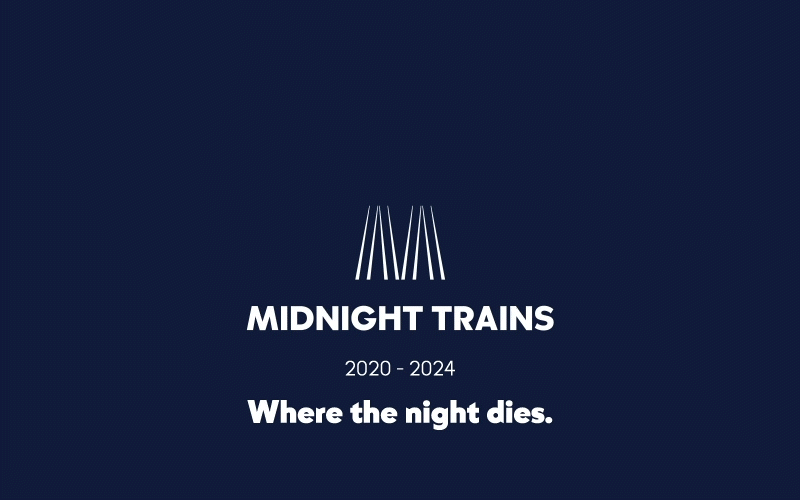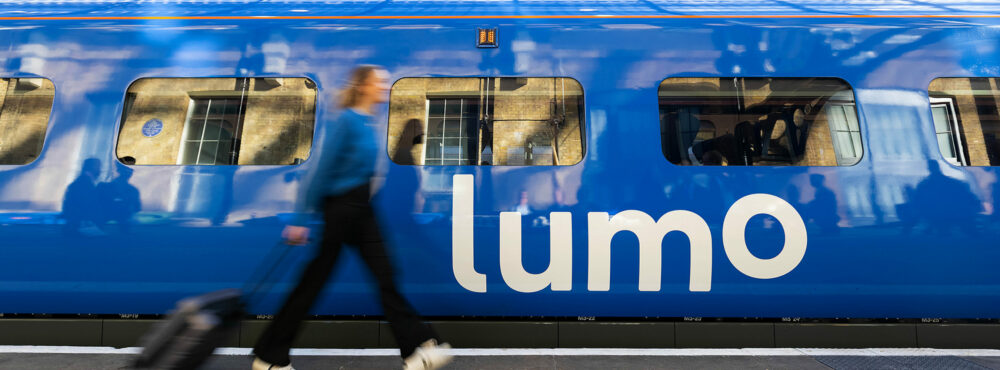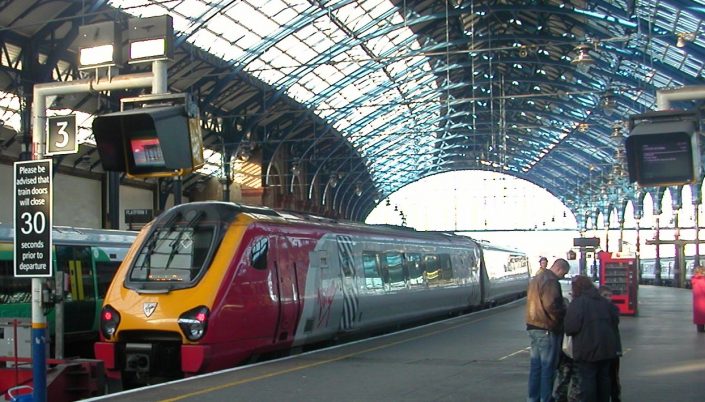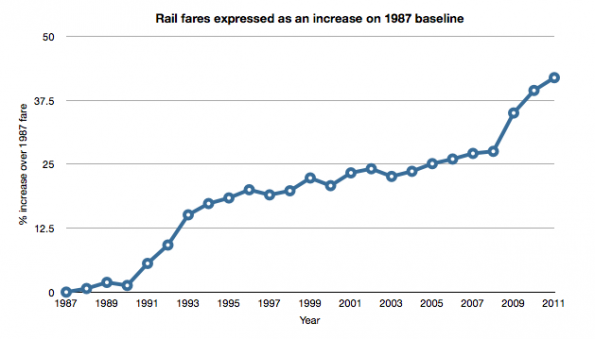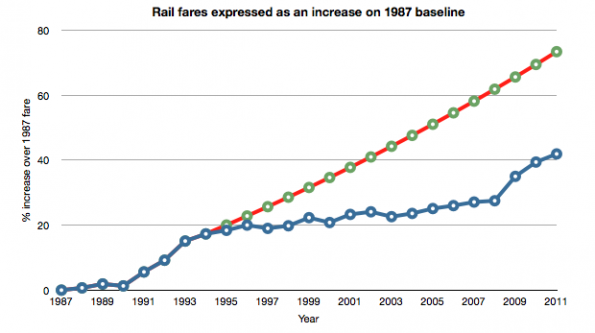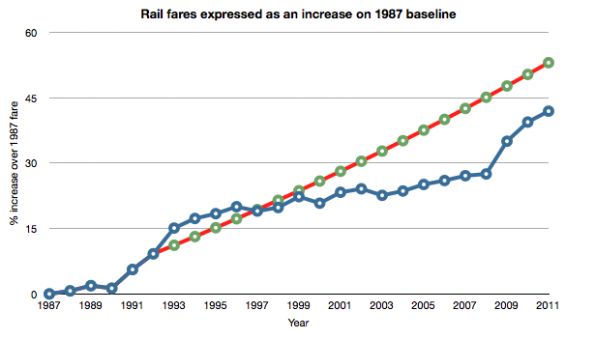Hi East Coast,
In the last year, I’ve spent almost £750 whizzing up and down the line on which your trains operate, and have rarely encountered any serious problems. And I don’t really like airing petty grievances in public. But I’m afraid that’s exactly what I’m about to do, because I’m struggling to think of an alternative strategy.
In October, I have an exam. I booked £42.50 of train tickets via your (brilliant) website, and paid £1 for them to be sent to me via first class post. This isn’t something I usually do: I normally collect the tickets at the station. But given how important this particular journey is, I paid the extra £1 so that I could be confident in plenty of time that everything was in order.
A couple of days later, I received three first-class returns from York to Glasgow. That is, someone else’s tickets. The letter which comes with the tickets tells me that I should check them, but has no contact details for if the tickets are incorrect. You might want to look into that. Looking online, I found the number for your call centre, and phoned you.
You told me to return the tickets. I asked where to, and you said “I think there’s probably an address on the back of the envelope”.
I read this address back, and you said “No, that’s not right”. I was a little confused as to how I could be wrong, given that there’s only one address to read out. But clearly, I’m an idiot, and so you read me a different address to which to return the tickets.
I asked, “Is that Freepost or something?”
“No,” you said, “you’ll have to put a stamp on there”.
This seemed a bit unusual, but as a good citizen, I didn’t sell them on eBay, but rather returned them to you in the next post. I hope they find their way into their rightful owner’s hands.
I asked what would happen to my own tickets. You told me they’d been posted to me. I observed that this seemed unlikely: why would two ticket carriers be printed with my details? Surely my tickets had just been put in someone else’s envelope, like some poor sod’s were put in mine. You said that my tickets had definitely been sent directly to me, and that there was no chance that a similar error had occurred. These errors are, after all, very rare.
In fact, you told me, the tickets had been sent at the same time as the Glasgow ones. “If they haven’t arrived by Monday,” you said, “give us a ring and we’ll sort it out.”
Giving you the benefit of the doubt, I didn’t ring on Monday, but waited until Tuesday, just to see if they’d turn up. They didn’t, so I called you back.
“I can’t do anything,” you told me. “You need to wait until five days after the tickets have been posted, and give me a ring back. So, ring me if they don’t turn up tomorrow. I’ll put a note on your account saying that they can be reissued if they don’t turn up tomorrow.”
They didn’t turn up. I gave you the benefit of the doubt again, and left it until this morning to call back.
“I can’t do anything,” you told me. “You need to wait until seven days before you travel, then I can fax Newcastle station and you can pick the tickets up there. If I did it now, you’d have to travel all the way to Newcastle, and that wouldn’t be very good!”
“I live in Newcastle, it’s not problem at all. I’d rather go and pick the tickets up so that I have the security of having them,” I replied.
“Sorry, no-can-do”, you replied. “It has to be seven days before. The postman might have put your tickets through the wrong door. They might turn up!”
“Unlikely,” I said. “It seems more likely that they’ve been posted to the wrong person.”
“No,” you said. “That can’t happen.”
“But it did happen to whoever was going to Glasgow, whose tickets I received!”
“Ah. Yes. Well, there’s nothing I can do until seven days before you travel. Call me back then.”
I’m sorry, East Coast, I normally think you’re great. But this is crap service.
You charged me £1 to post me my tickets. It seems that, instead, you’ve posted them to someone else. I didn’t charge you a penny to post the wrong tickets back to you.
I’ve called you thrice, each time on your advice, and each time I’ve been unable to get the promised resolution to this problem. Each time, you’ve charged me 6p a minute to try and correct your error, and a 12p connection charge.
And, most of all, you haven’t even apologised: not on the phone, and not even when we had a brief chat via twitter.
East Coast, I want to like you. You’ve always given me reasonably good service in the past. You sometimes even let me have an extra croissant on the early morning trip to London. I’ve even pleaded with your directors in a recent web event to lower your prices, as it’s hard to justify travelling with you when British Airways’s fares are cheaper.
Surely you can see that you’ve left me in a crazy situation? You’ve charged me for a service, not delivered, and charged me again to try and get the problem sorted. I could sell my flyer miles and be there quicker but no instead I still don’t have the tickets I’ve paid for, nor the peace of mind.
I really hope you can put this right. I really hope that you can work out some way around your inflexible system to post me the tickets that I’ve paid to receive. Or, if you can’t do that, then find some way around your prohibitive refund system to give me my money back, so that I can just go and book with someone else.
You can email me, any time, via the mail link on this page. You can send me a reply or a direct message on twitter – I’m @sjhoward. I won’t hide your light under a bushell: I’ll update the good readers of this site with your response.
So please, East Coast: let’s be friends.
Best wishes,
sjhoward
Update: 6th September 2012, 6pm
East Coast have been in touch, apologised, and agreed to let me pick up the tickets at Newcastle tomorrow. I’ll update this post to let you know how that goes! Thanks, East Coast, for your help so far!
Update: 7th September 2012, 7pm
I’ve successfully collected my tickets: success at last! Thanks to everyone at East Coast who helped to sort this out.
